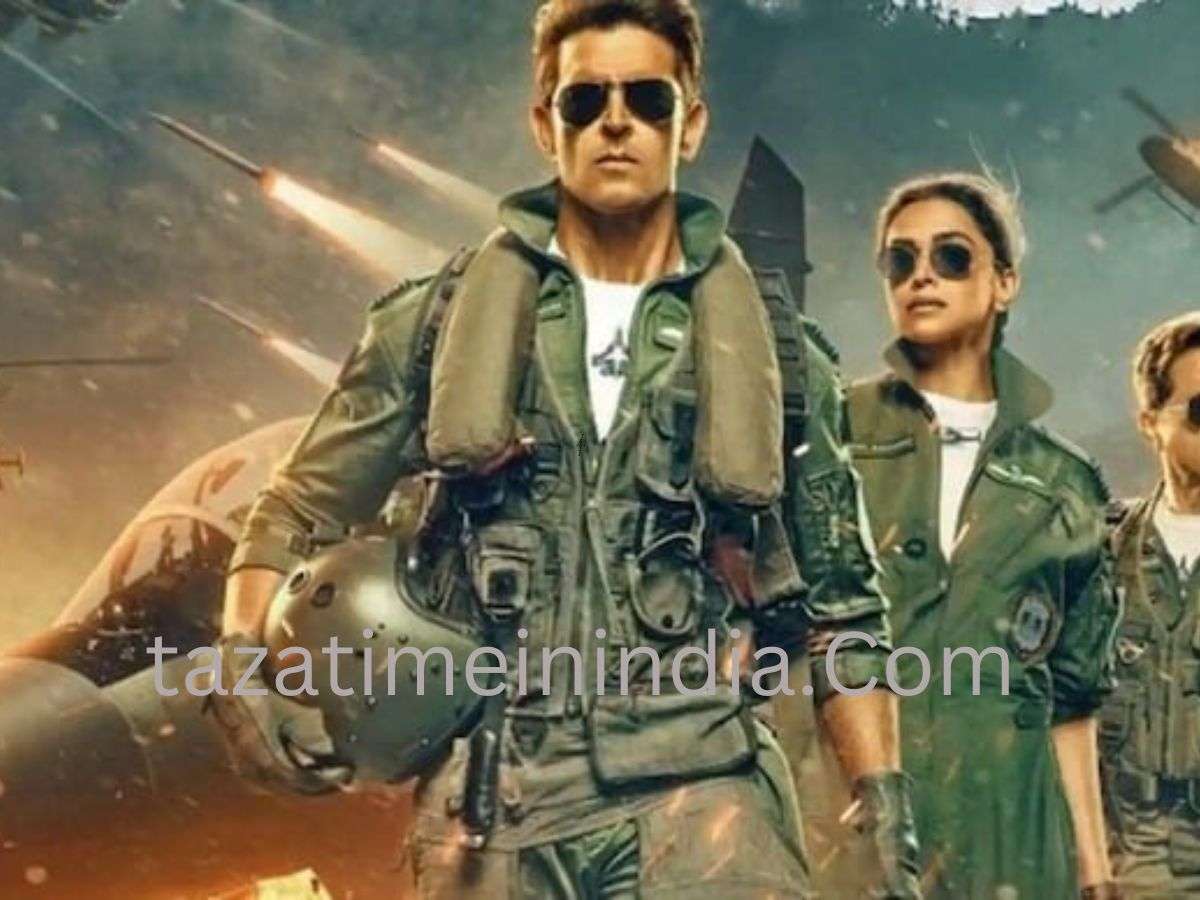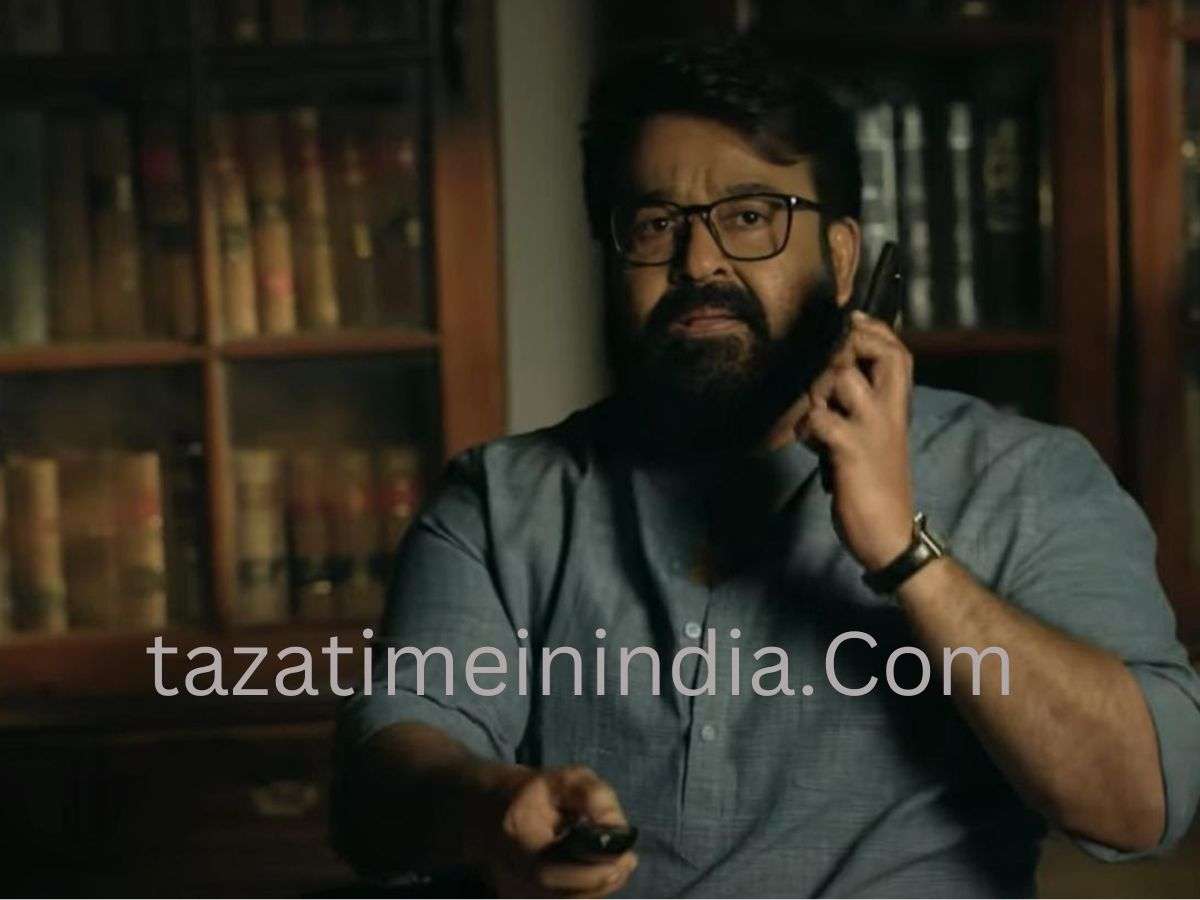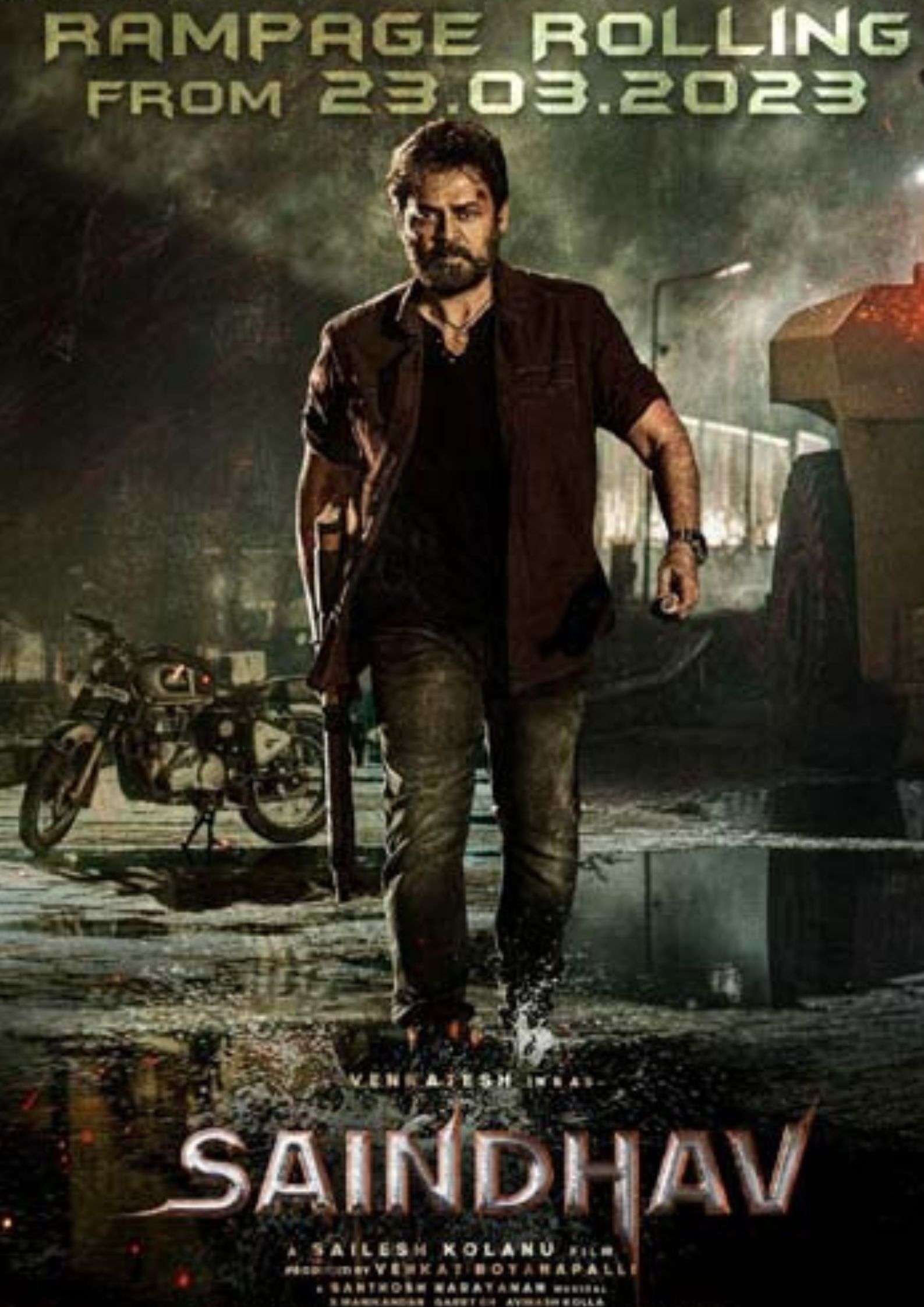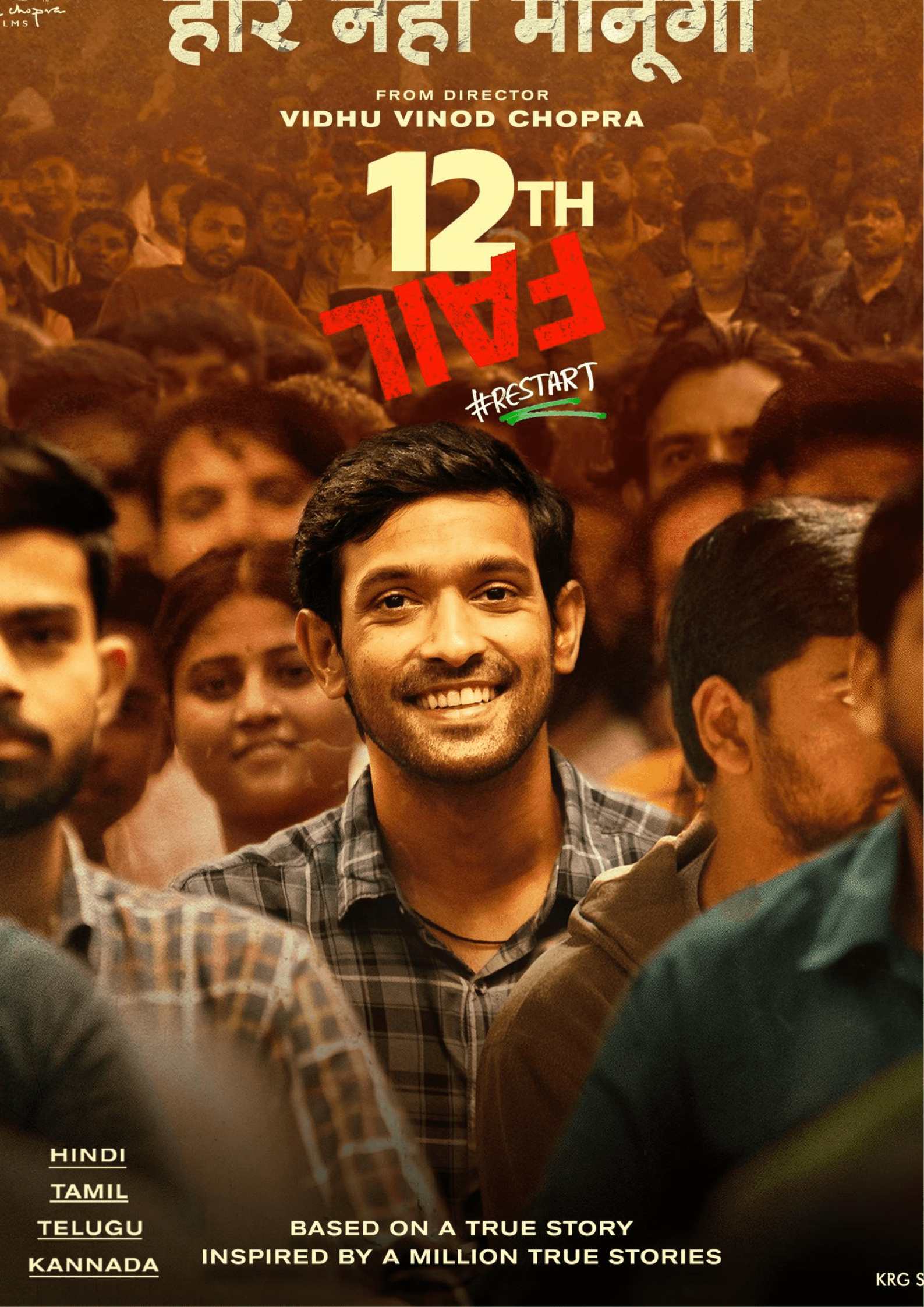Teri Baaton Mein Aisa Uljha Jiya movie review: Discover the charm of man-meets-machine romance in #SifraMovie 🤖💖! Shahid Kapoor and Kriti Sanon bring a unique love story to life, blending humor, social commentary, and a sassy twist. Dive into the unexpected possibilities of modern-day relationships. #Bollywood #MovieReview
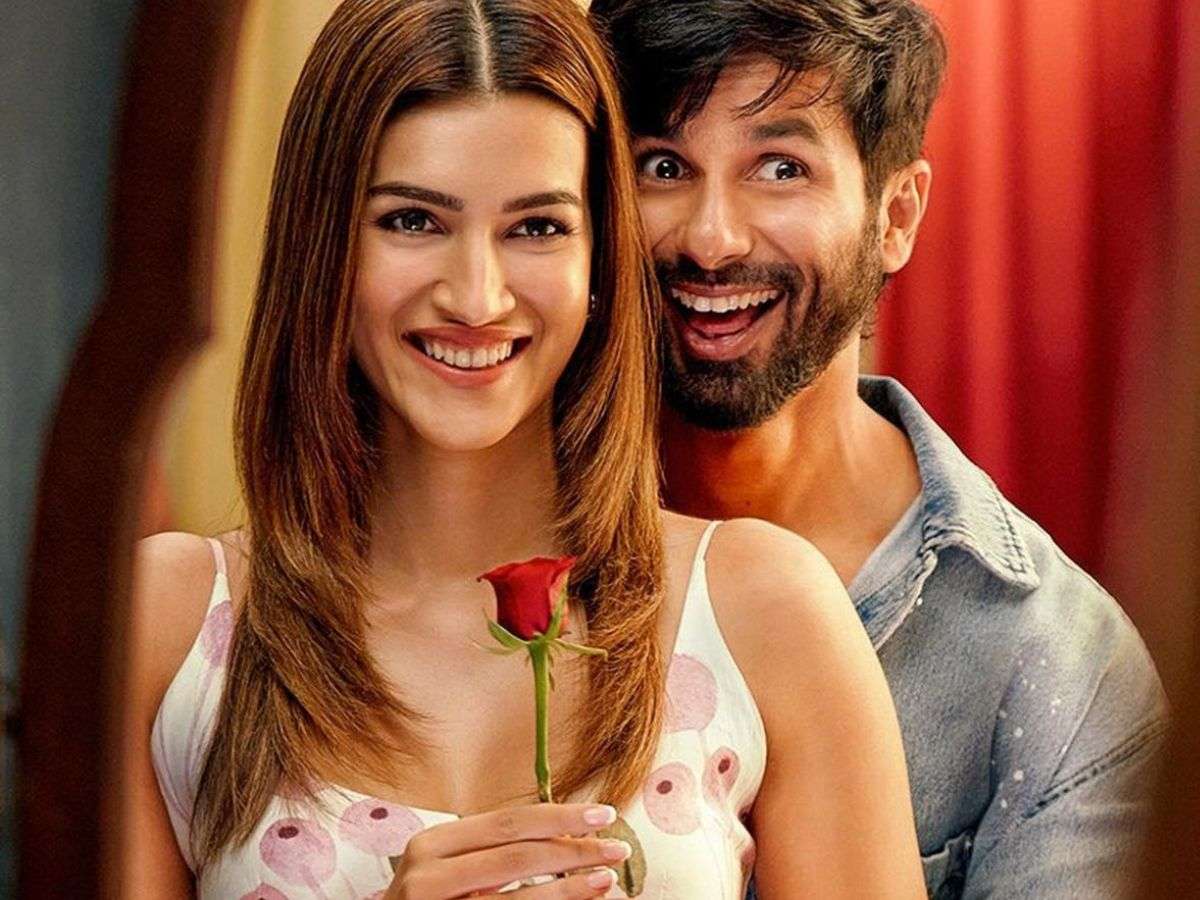
Teri Baaton Mein Aisa Uljha Jiya
- Directors: Amit Joshi and Aradhana Sah
- Cast: Shahid Kapoor, Kriti Sanon, Dimple Kapadia, Dharmendra, Rakesh Bedi, Rajesh Kumar, Grusha Kapoor
- Duration: 143 minutes
- Storyline: A man falls in love with a humanoid robot and introduces her to his family
Teri Baaton Mein Aisa Uljha Jiya movie review!
“Sifra,” starring Shahid Kapoor and Kriti Sanon, is a fascinating story that director Amit Joshi and writer Aradhana Sah have created in a world where artificial intelligence and unorthodox love tales are becoming more and more prevalent in movies. The film defies preconceived ideas about love and relationships by examining the unexplored realm of romance between a man and a machine and telling a gripping story.
In the film, Shahid Kapoor portrays Aryan, a charming robotics engineer from Mumbai who struggles to understand the intricacies of contemporary love. Unwilling to commit, Aryan’s search for compatibility takes an unexpected turn when he is used as a test subject for Sifra, a highly sophisticated robot played by Kriti Sanon, the cutting-edge creation of his aunt Dimple Kapadia.
Pros:
- Original Idea: “Sifra” delves into the unusual and fresh subject of a man and a machine falling in love, which makes the movie stand out in a crowded box office.
- Social Commentary: Using its basic concept deftly, the movie makes a point about the obligations society places on women while also offering a provocative look at the needs of the Indian middle class.
- Ensemble Cast: The film’s situational humor is enhanced and good performances are guaranteed by the presence of veteran performers such as Dharmendra, Dimple Kapadia, Rakesh Bedi, Rajesh Kumar, and Grusha Kapoor.
- Shahid Kapoor’s Performance: Shahid Kapoor shows off his versatility and infuses the movie with a young appeal as he skillfully switches from serious roles to a more humorous role.
- Visual Appeal: Kriti Sanon’s ability to blend human emotions with robotic expressions and Shahid Kapoor’s magnetic presence help the film’s visual appeal.
- Entertainment Aims: “Sifra” aims to keep the audience interested and involved throughout the duration by using humor, dance sequences, and a snarky conclusion.
- Clever Turn of Events: The movie employs a cunning turn of events in the last act to give the plot a surprising and intricate element.
- Nostalgic Elements: The movie pays homage to vintage comedies, bringing back fond memories for those who grew up watching programs like Small Wonder and I Dream of Jeannie.
Cons:
- Flaccid Middle Portion: A few scenes in the middle of the movie had the sensation of being too long and skit-like, without the humor and sharpness that would have allowed the original idea to be fully utilized.
- Restricted Character Motivation: To give the story more emotional depth, the author ought to have gone into greater detail about Shahid Kapoor’s motivations for being drawn to Sifra.
- Predictability: For audiences who are familiar with the genre, the film’s general subject and some of its plot points may be expected, resulting in a somewhat predictable tale.
- Underutilization of Potential: Although the movie presents interesting story points, it does not fully utilize its potential, which leads to the loss of chances for a more in-depth examination of the issues.
- Lack of Hereditary Depth: Shahid Kapoor’s character and his bond with the humanoid robot might have had more nuance in “Sifra” compared to the 2013 movie “Her”.
- Harmonizing Tone: The movie makes an effort to strike a balance between social critique and a lighthearted approach, which occasionally results in inconsistent tones that could detract from the overall effect.
- Occasional Overtness: The movie’s obvious attempts to appeal to a family audience, including the treatment and title length, may come off as forced and ostentatious.
Aryan’s early attraction with Sifra’s perfect beauty and immaculate household skills—which are designed to satisfy every need—paves the way for an oddball and provocative investigation of love in the era of artificial intelligence. As the unusual love story progresses, “Sifra” deftly highlights the frequently unreasonable expectations of the Indian middle class by using herself as a metaphor for cultural expectations placed on women.
The film offers a warning about the ramifications of treating relationships like programmed software as it deftly explores the blurring boundaries between reality and technology. The humanoid robot Sifra represents the ideal lady created to satisfy Aryan’s cravings, alluding to the unrealistic expectations that are placed on women in contemporary relationships.
The story deftly toy with the notion that a robot can uphold social norms without challenging customs. Being’manufactured’ in America, Sifra is accepted for her lack of resistance and her occasional imperfections are forgiven, a satirical statement on the high expectations Indian households have for their women.
“Sifra” develops into a popular show that strikes a mix between humor and social satire as the plot progresses. The title, runtime, and style of the movie all allude to a conscious attempt to appeal to a family audience by tackling modern issues and arousing nostalgia for vintage comedies.
Experienced performers like Dharmendra, Rakesh Bedi, Rajesh Kumar, Grusha Kapoor, and Dimple Kapadia are among the ensemble cast members who add to the film’s situational humor and make sure the entertainment is well received. Following a string of difficult parts, Shahid Kapoor brings out his young charm and electrifying dance movements, giving the movie a youthful energy.
Kriti Sanon creates a convincing humanoid figure by deftly balancing human emotions with robotic expressions. But the screenplay of the movie could have been funnier and more incisive; at times, it fell short of reaching its full potential. There are a few scenes that resemble a protracted commercial theater skit, which adds to the uneven middle section.
Notwithstanding these flaws, “Sifra” captures the attention of the viewer with a deft turn in the last act and a sarcastic epilogue that opens up new possibilities for more iterations. With its philosophical resonance, endearing main actors, and nostalgic allusion to the bygone era of carefree romance, “Sifra” is positioned as a modern dream that invites audiences to consider how relationships and love have changed in the digital age.
Finally, “Sifra” invites viewers to abandon reason and enjoy the joyful chaos of contemporary romance with a hint of artificial intelligence. It is a welcome contribution to Bollywood’s investigation of unusual love stories.

